Dispensary vs Coffeeshop: Exploring the Differences
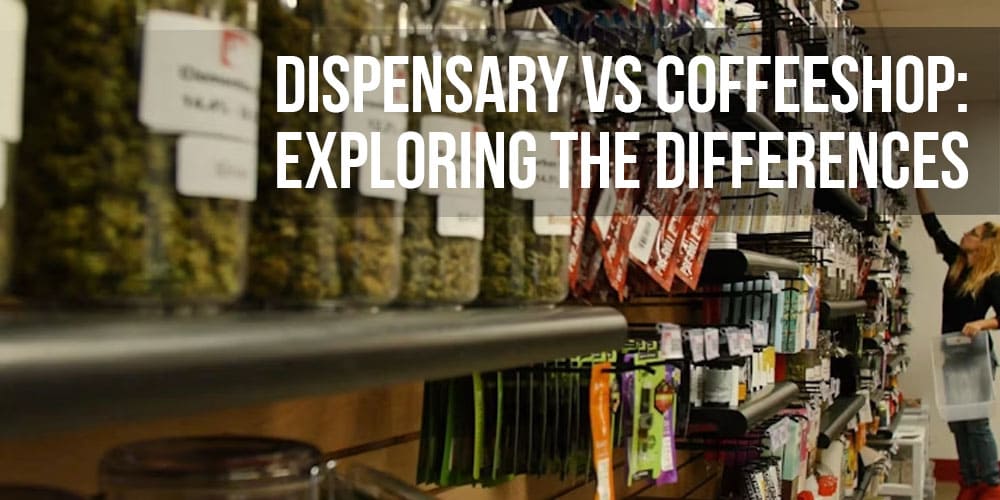
In the evolving landscape of cannabis culture, the terms dispensary vs coffeeshop often pop up in discussions about where to obtain marijuana and marijuana-related products. While both venues offer access to cannabis, they serve different purposes and operate under varied legal frameworks depending on their geographical location. This article delves into the fundamental distinctions between dispensaries and coffeeshops, shedding light on their operations, cultural significance, and the legal nuances that define them.
- What Type of Cannabis Enthusiast Are You?
- Weed and Reggae Music: Exploring the Connection
- Top 5 Fun Activities to Enjoy While High
The Basic Definitions
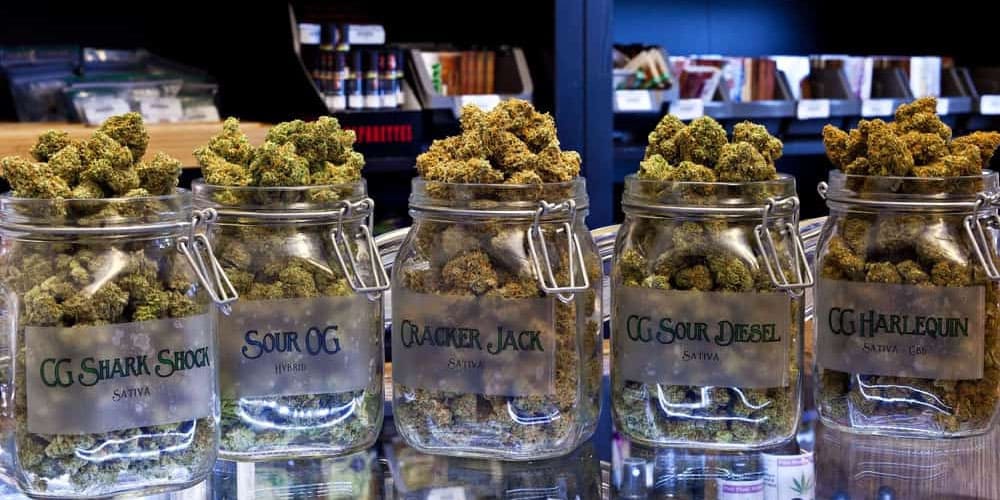
Dispensaries are authorized establishments where cannabis is sold primarily for medical or recreational use, depending on the state’s laws. These facilities are often clinical in appearance, reflecting their compliance with stringent health and safety regulations. They require customers to present valid ID and, for medical purchases, documentation proving the customer’s eligibility.
Coffeeshops are quintessentially Dutch, these relaxed locales offer cannabis in a cafe environment, embodying the famous liberal Dutch culture regarding marijuana use. Unlike dispensaries, coffeeshops allow the consumption of cannabis on site, making them social hubs rather than just retail spaces.
The differentiation in service and ambiance between the two is marked by their respective regulatory environments. While dispensaries operate within a medicalized or consumer retail framework, coffeeshops foster a more informal, community-centric atmosphere, emphasizing leisure and social interaction.
Explore the elite world of APE Vape, a standout in the burgeoning vape cartridge market, known for its commitment to quality, potency, and reliability. Each APE cartridge is crafted with meticulous attention to detail, ensuring that users experience the full spectrum of flavor and effects with every puff.
Legal Framework and Geographic Differences
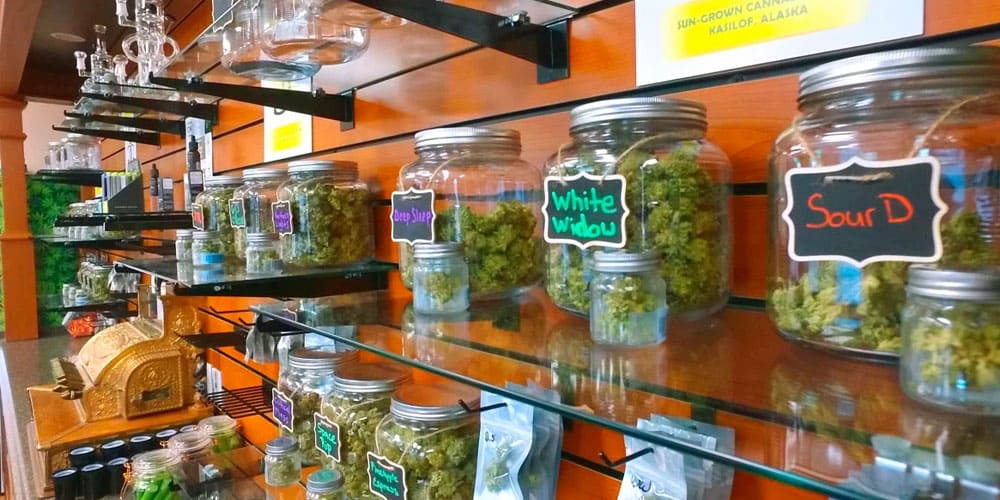
In the United States, dispensaries operate under a patchwork of state laws, which can vary dramatically. States with legalized recreational use allow dispensaries to sell cannabis to adults over the age of 21, while medical dispensaries require a prescription. Compliance with local laws is critical, including stringent security protocols and tracking of sales to prevent illegal distribution.
The Dutch coffeeshops, though operating under a policy of tolerance, face their own unique legal challenges. They are allowed to sell cannabis but are prohibited from advertising it, must avoid selling hard drugs, and are limited in the quantity they can sell to an individual each day. This model of regulated tolerance contrasts sharply with the more formalized and monitored dispensary system.
The contrasting legal environments reflect broader cultural and political attitudes towards cannabis in different regions. While the U.S. and Canada have moved towards a model of legalization and regulation, the Netherlands has long embraced a more liberal, yet controlled, approach to cannabis consumption and sale.
Cultural Significance
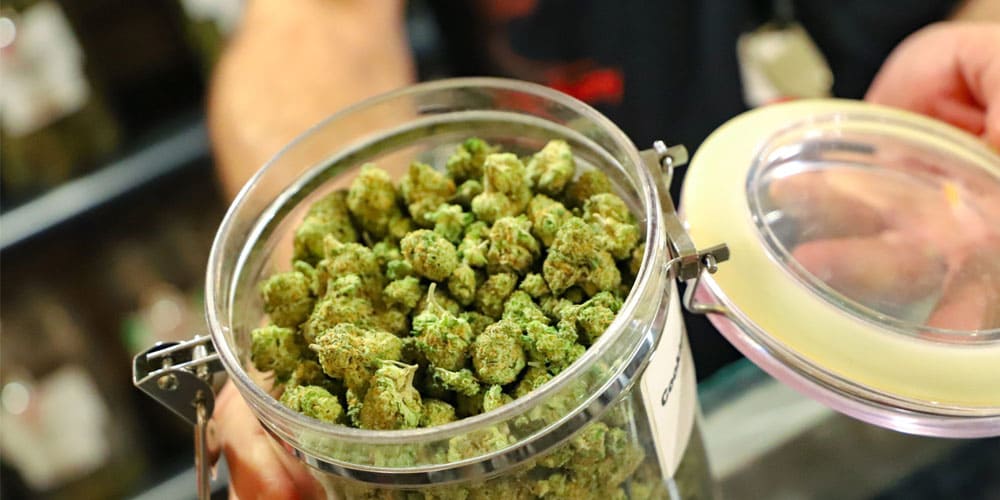
In North America, dispensaries often serve as modern wellness centers, offering not just cannabis but also education on its use for health benefits. They cater to a broad demographic, from young adults to older patients, reflecting a shift towards mainstream acceptance of cannabis for therapeutic use.
Coffeeshops in Amsterdam, however, are ingrained in the city’s tourist appeal and local culture. They not only offer cannabis but also serve as cultural landmarks, embodying the liberal values associated with Amsterdam. These establishments provide a communal space where locals and tourists mingle, share stories, and experience the iconic liberal Dutch lifestyle.
This cultural dichotomy highlights differing societal attitudes: North American dispensaries emphasize health and safety, reflecting a medical and commercial approach to cannabis. In contrast, Dutch coffeeshops focus on social experience and community, reflecting a more integrated approach to cannabis in daily life.
mmerse yourself in the luxurious craftsmanship of APE Pre-rolls, where exceptional artistry and the finest cannabis converge to create a truly premium smoking experience.
Product Offering and Experience
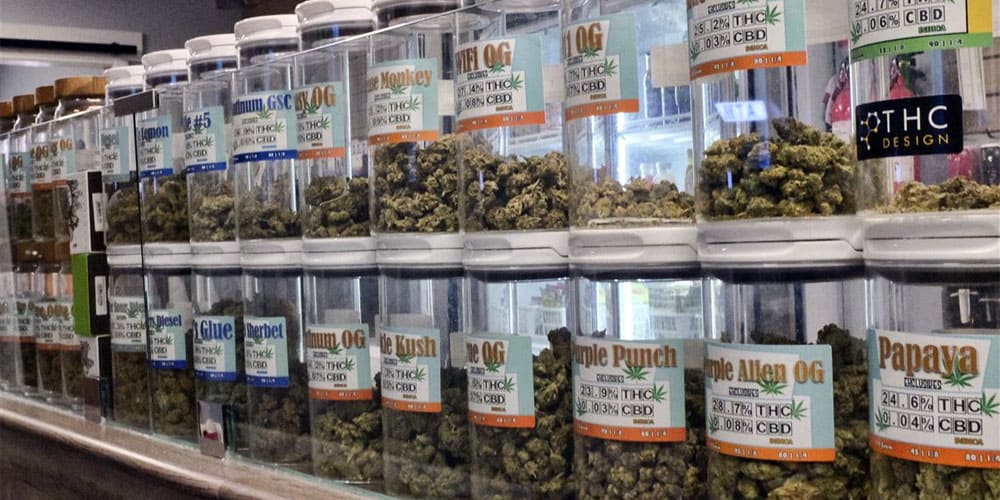
Dispensaries in the U.S. and Canada boast an extensive array of cannabis products, from dried flowers and pre-rolled joints to edibles and topicals. This variety caters to differing preferences and needs, offering options for different consumption methods and potency levels. The focus is on providing a tailored experience that can suit any consumer, from the novice to the connoisseur.
On the other hand, Dutch coffeeshops typically focus on selling cannabis in its raw forms, such as buds and hash. The selection might be less diverse than in dispensaries, but it emphasizes quality and the traditional experience of smoking. Here, the product offering complements the social setting, making cannabis consumption part of a broader social interaction.
The product diversity in dispensaries versus the more focused offerings in coffeeshops reflects their differing roles in consumer culture and their respective legal and social frameworks.
Indulge in the delightful world of APE’s Cannabis-Infused Gummies, expertly crafted to blend irresistible flavors with the soothing effects of premium cannabis. Each gummy is a gateway to a serene, blissful experience, perfect for unwinding after a long day.
Navigating Challenges and Future Prospects
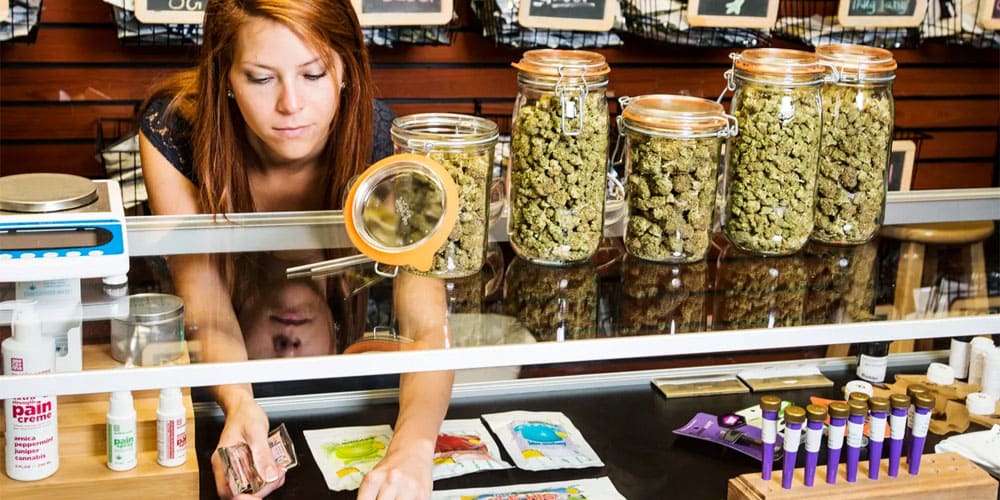
Dispensaries face the challenge of operating under federal laws that contradict state laws in places like the U.S., creating a complex regulatory environment that impacts everything from banking to interstate commerce. The legal uncertainties and shifting policies demand constant adaptation and robust compliance frameworks to operate successfully.
Coffeeshops manage the paradox of a tolerated practice that remains partially illegal, especially concerning the supply mechanisms. This situation calls for innovative solutions to align the front-end sales with a legally regulated supply chain, improving safety and transparency.
As global perspectives on cannabis shift towards greater acceptance, the future for both dispensaries and coffeeshops looks promising. These evolving models continue to influence each other and global policies, suggesting a potential harmonization of best practices that could benefit consumers worldwide.















